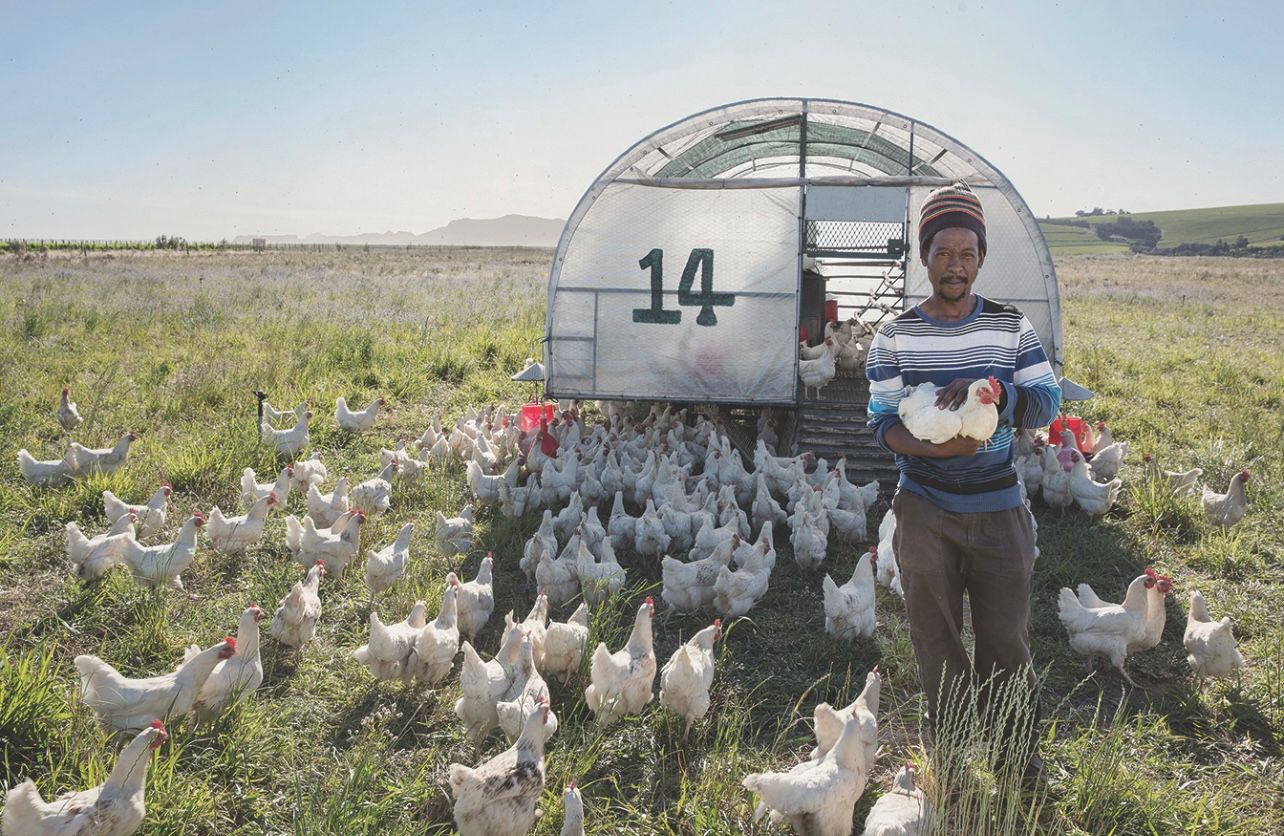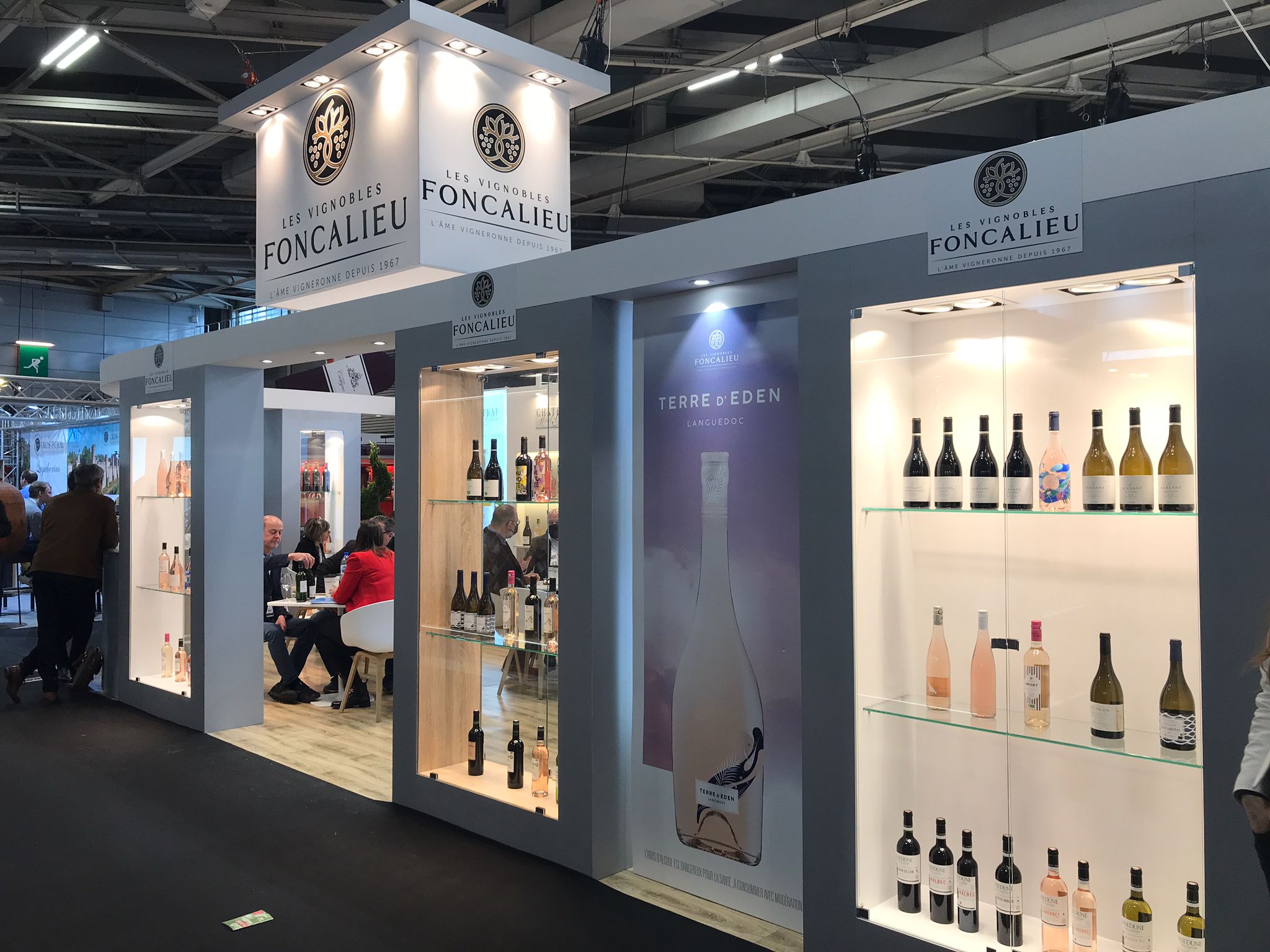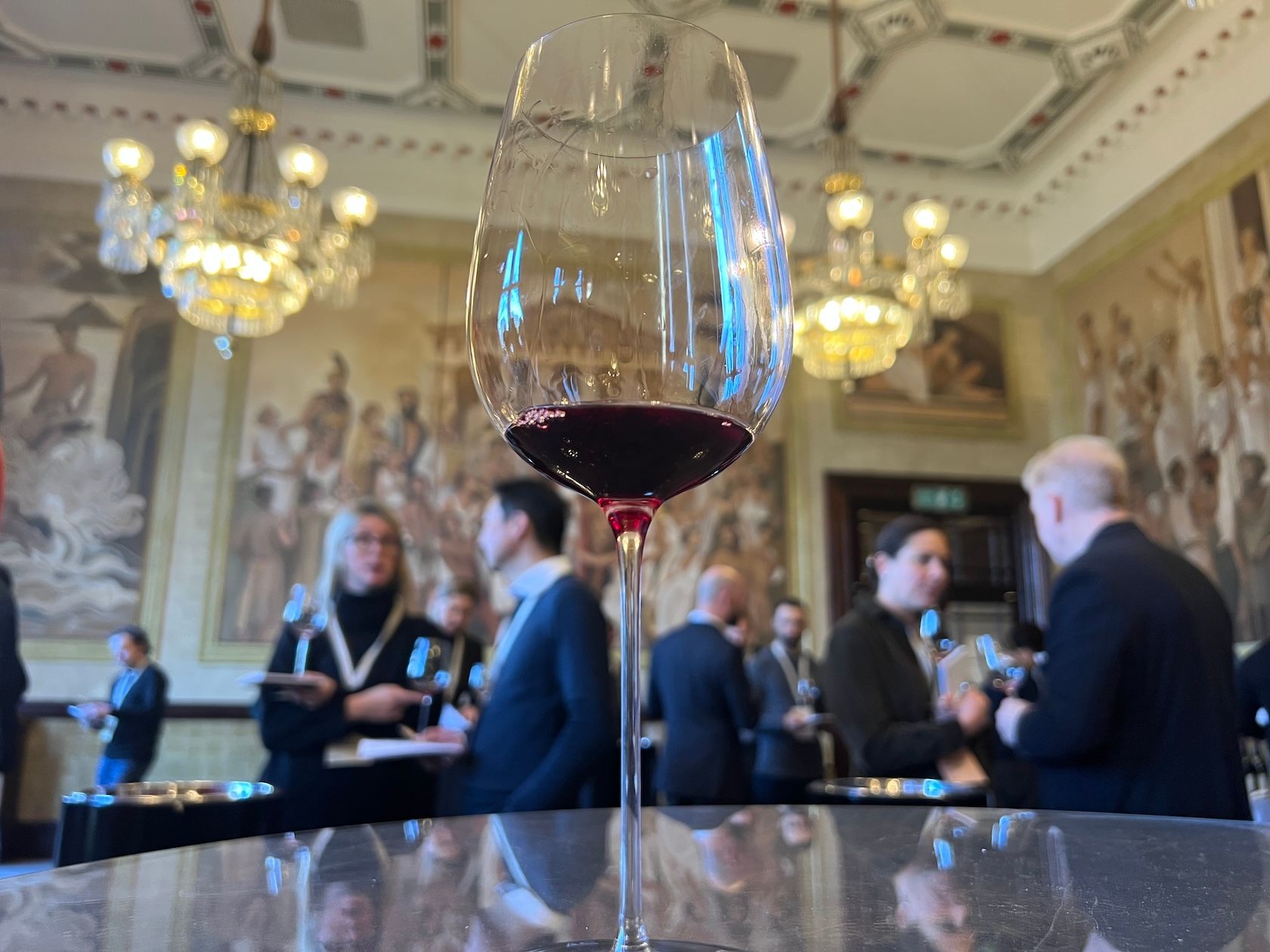“We seek to empower individuals, to build their confidence so they can take ownership of their role. To find what makes their heart really sing,” says Spier’s head of HR and sustainability.
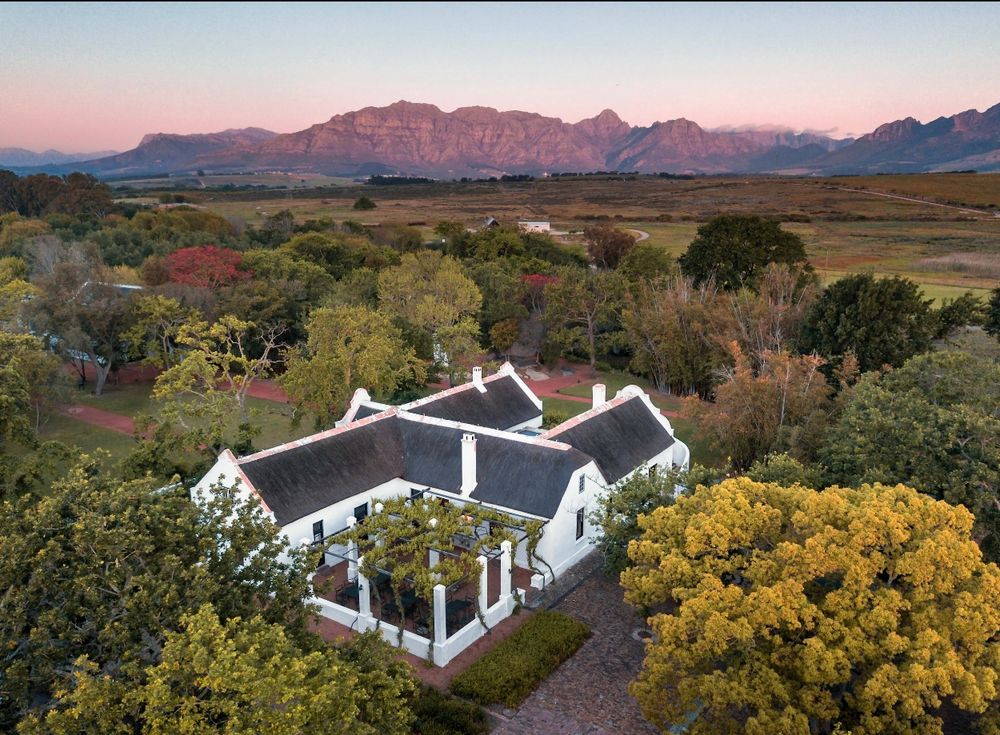
Spier Wine Farm: one of the oldest estates in Stellenbosch
South Africa is one of the oldest wine producing countries in the New World. Like Madeira, which was first populated by the Portuguese, it was colonised by the Dutch to provide vital victuals on a profitable long-haul maritime route. Dutch East India Company ships stopped off in Cape Town on their way to and from the East Indies.
Jan van Reibeeck, the Cape’s first Commander, triumphantly recorded the region’s maiden grape pressing in 1659, seven years after his arrival. Muscadel and other white grapes were cultivated, ‘with the aid of certain free burghers and some slaves’, ‘as the moon waned’. Biodynamism was sexy even then.
Later, in 1679, Commander Simon Van de Stel discovered the fertile valley he christened Stellenbosch. Spier Wine Farm was one of the original tracts of Stellenbosch to be claimed by a colonist or freeburgher. That claimant was Aarnout Jansz. An ex-German soldier and favoured employee of the Dutch East India Company. By 1692 he had successfully cultivated 2000 vines on the riverfront property.
Fast-forward to the present day
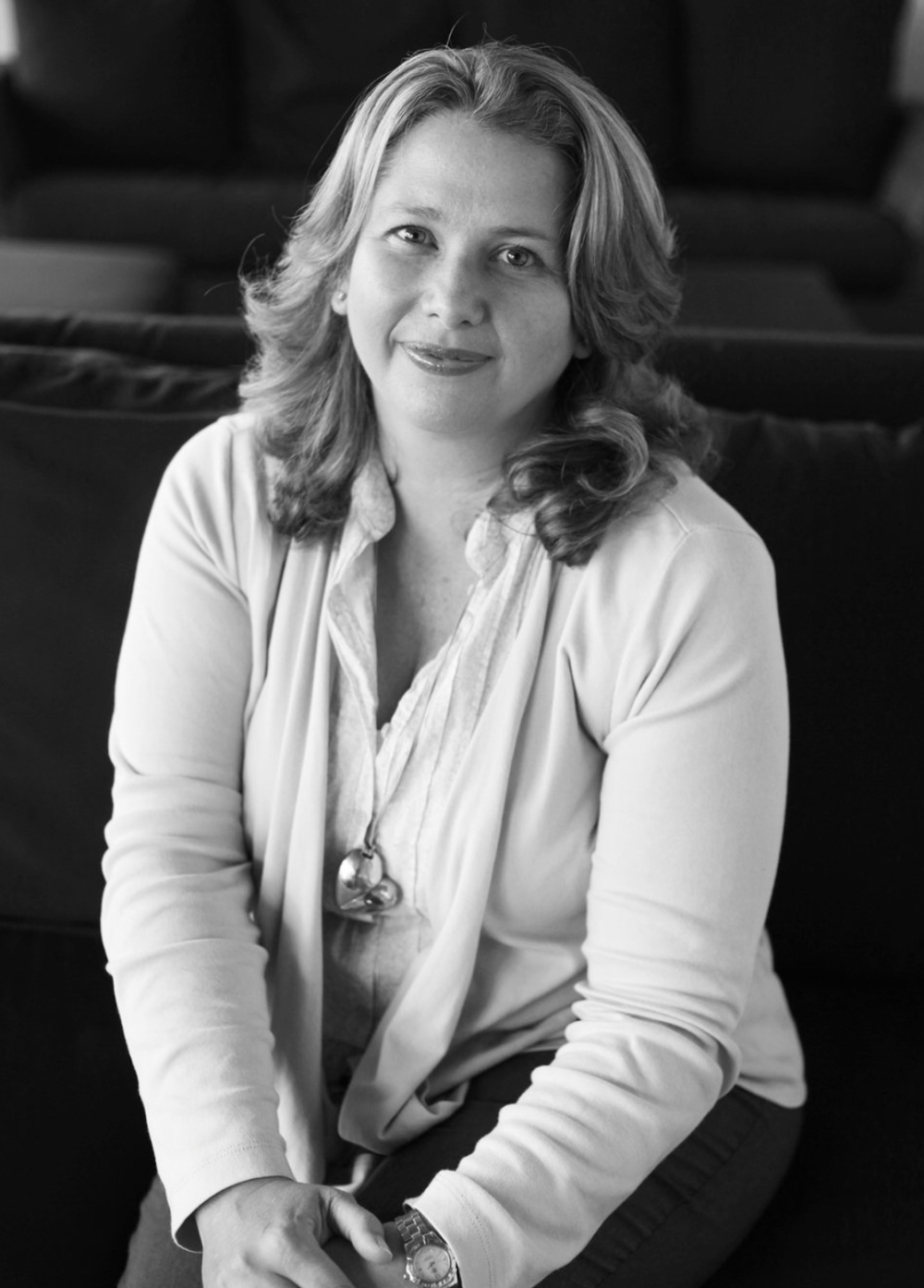
Heidi Newton-King: a social conscience is key to their business model
Spier was one of the very first wineries in Stellenbosch to diversify into modern day wine tourism. Previous owner Neil Joubert instigated South Africa’s inaugural wine route in 1971, with Spier as the main attraction. Richard Enthoven bought the place in 1993 and began a programme of intensive restoration, he and his daughter Mariota converted the old slave quarters into a restaurant, restored the famous Dutch gables and commissioned a number of art installations to mark the struggles of the past. Having a social conscience is absolutely key to their business model.
Heidi Newton-King heads up Sustainability and Human Resources at Spier and explains how supporting local communities helps the business.
“The building of the business within the local community is critical within the South African context. If there are ways in which we can supplement things or add to rather than be a detractor on the side lines, it’s very important we take them. Whether that’s an approach to energy or an approach to some of the social issues we face in the South African context.”
Unemployment sits at around 42% in South Africa, that’s pretty disturbing. Spier has been running a project in partnership with YES, the Youth Employment Service for the past four years. Disadvantaged young people between the aged of 18 and 35 are offered a year of valuable work experience at Spier to gain marketable skills, a CV and references – 14 young people are currently employed on this programme.
Eldrick October is one of them, he is paid by Spier but actually works at the local school community gardens nurturing a productive vegetable garden for the pupils. Through this he gains experience and feeds his community.
In helping to counter the hardships that many of Spier’s employees face day to day, Newton-King says that building a relationship is essential, based upon realistic and achievable outcomes.
“We try hard to build a relationship, to talk and understand their current environment and what’s important to our employees right now. Every year we do our own annual internal living wage survey where we sit and discuss issues, we ask what has changed over the last 12 months, what issues are they facing currently. Sometimes it’s not financial, it may be some other kind of support, learning how to budget – sometimes it absolutely is financial.”
“It’s very important that people feel they have a place here,” she continues, “that there is a sense of family, but we have to very careful about what we can and can’t assist with. Sometimes it’s just giving information or helping someone do what they need to do. It’s very important that we are not matriarchal or patriarchal.
Personal and professional
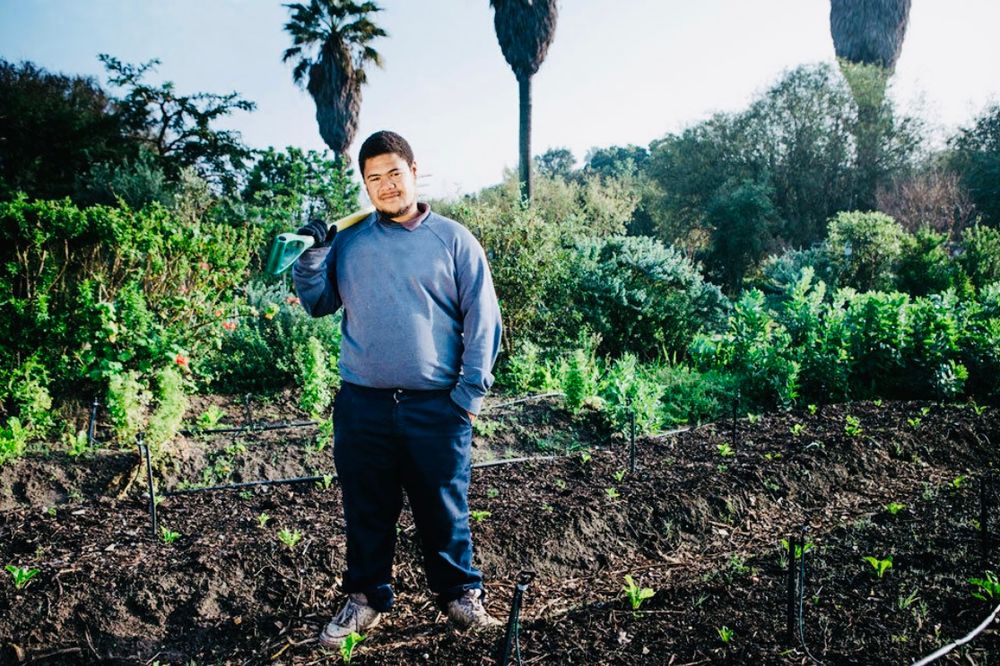
Eldrick October is paid by Spier but works at the local school community gardens nurturing a productive vegetable garden for the pupils.
Engaging with employees on a personal level, and asking them about the challenges they face is the starting point, Newton-King explains:
“One of the strongest things we run is a two-day induction for new starters that begins with asking ‘What are the challenges you face as an individual?’ ‘What are the challenges we face as a business?’, and ‘What are the challenges we face globally?’ Now it sounds almost like a negative way to start – you are right in there. But what’s happening is that person is telling you about their individual environment, their community environment. They start talking about youth unemployment, drug abuse, lack of proper education.”
“We discuss and explore all of these issues and we have a really good conversation about whether it’s a business or government role to help or what the individual’s role in all of this is.”
Through this we establish what it means to work at Spier, what it means to be heard, what it means to get to know ‘me’ in a different way that is beyond my employee number. I think that is an incredibly valuable model and, in many ways, it feeds our thinking.”
Since 2019, the Living Soils Community Learning Farm – partnership project between Spier, Woolworths and the Sustainability Institute – has offered training to local young farmers on the subject of regenerative farming whilst producing food. Ethical farming is paramount throughout Spier – the animals are free range, and the estate shuns hormones, antibiotics, pesticides and artificial fertilisers. Oh and all of the water they use across the entire operation is recycled.
‘Tree-preneurs’ is another clever project they’ve come up with. Spier provides agricultural land, facilities and a manager to train those that wish to learn how to care for indigenous plants and trees. Participants nurture seedlings which, once big enough, might be exchanged for food vouchers, clothing and educational support.
“What’s really key is our approach to people,” Newton-King continues, “It’s very much about taking responsibility for yourself. There has been a maternal/paternal, extremely patronising approach in the past and that is absolutely not what we are about. We seek to empower individuals, to build their confidence so they can take ownership of their role. To find what makes their heart really sing.”
- Spier is imported in the UK by Freixenet Copestick.
